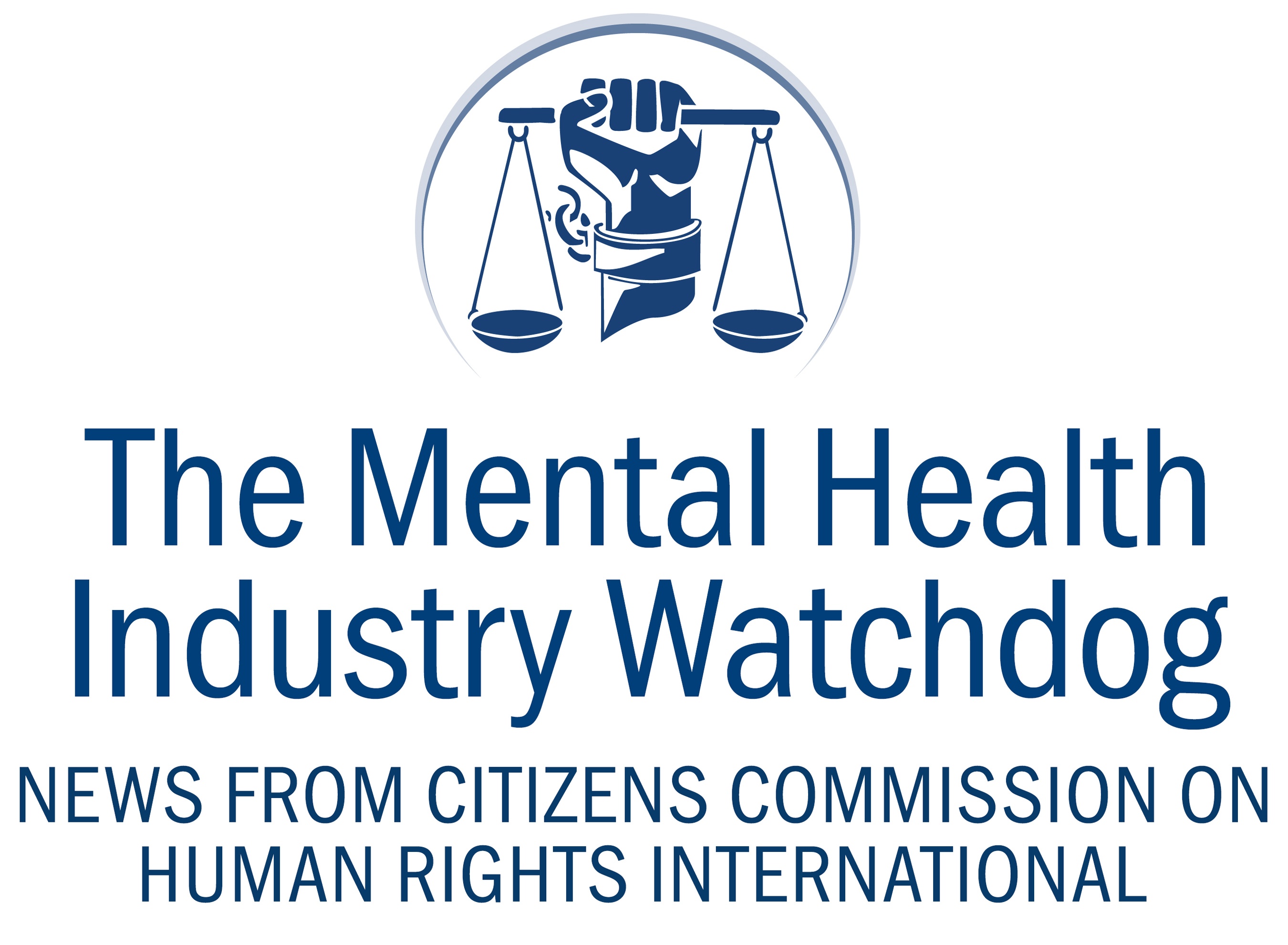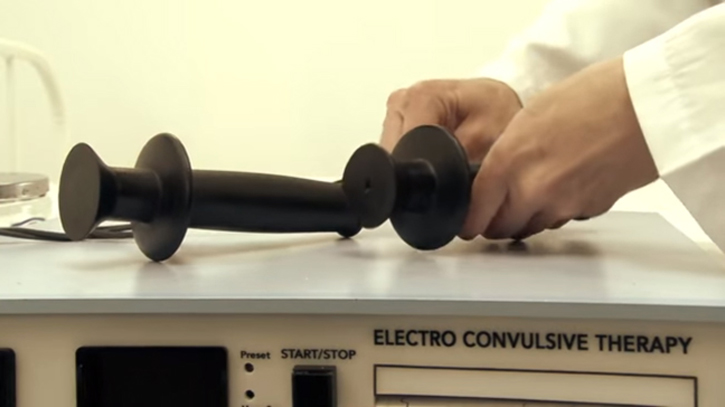A recent study was published in Evidence Based Mental Health by Dr. Dusan Kolar of the Department of Psychiatry, Queen’s University, Kingston, Ontario, Canada.1 It accepts the short-term use of electroconvulsive therapy (also known as electroshock or ECT), in urgent clinical situations, but warns against the dangers of long term treatment. It warns that cognitive impairments associated with ECT may cause significant cognitive side effects in patients treated long-term. It also notes that no medical consensus exists regarding when and how long-term ECT treatment should be administered.
In this review article, Dr. Kolar discusses “the indication for ECT, controversies about continuation/maintenance ECT, cognitive side effects of ECT and the importance of cognitive assessment.” He states that, “ECT is usually conceptualised as an effective and safe treatment,” but adds, “there are a lot of debates about significant cognitive impairments as a result of receiving ECT.” He further notes that “Duration of ECT treatment is a controversial topic and some clinicians may consider 6–10 treatments and then consider medication maintenance, while others will continue prescribing ECT only for months or even years.”
Results: Cognitive Side Effects
The author searched five on-line medical libraries for systematic reviews of randomised controlled trials in major depression and bipolar disorder, published between 2006 and 2016. He found that, “The literature on cognitive side effects of ECT and maintenance ECT is sparse and there is a lack of randomised data,” and “The loss of autobiographical memory has not been adequately investigated.”
He concluded that, “Acute series of ECT may be warranted in all mental illnesses with a rapid deterioration and significantly compromised sleep, food and fluid intake as well as a high suicide risk.” He also found, “there is a lot of controversy about continuation/maintenance ECT, and there are no clear guidelines about the nature of continuation/maintenance ECT.” He added, “Unfortunately, there is a tendency of prescribing a long-term maintenance ECT… with not enough effort to establish medication maintenance over time.” Further, he said, “it is not rare in a clinical practice to see patients who are receiving maintenance ECT weekly or biweekly for an extended period of time without enough trials to readjust pharmacotherapy and consider medication maintenance as a viable treatment option.”
Dr. Kolar also found, “Indications for ECT, duration of treatment and consideration of continuation/maintenance ECT may differ significantly from country to country or even within the same country.” Further, “Cognitive side effects are usually dependent on factors such as electrode placement, electrical dosage, stimulus parameter configuration and frequency of treatment sessions.” This means a patient’s risk of serious mental impairment depends on where he or she is treated.
He states, “retrograde amnesia for autobiographical information is a potentially persistent cognitive side effect of ECT. The APA Task Force Report from 2001 strongly recommended to reflect this perspective of possible permanent gaps in memory in the consent form for ECT.” This once again acknowledges the often denied memory impairment side effect of ECT.
Regarding side effects he adds, “cognitive side effects of ECT can persist for an extended period of time,”2 and “Robertson and Pryor consider that patients should be told that permanent amnesia is one of possible, frequent and serious side effects of ECT which affects at least one-third of patients.”3
He expresses the opinion that, “There is no doubt that ECT is effective and life-saving for a selected population of patients. However, a good balance of sustained benefits and possible risks or serious cognitive side effects is not always reached.” This suggests that ECT is widely over-applied.
He also says, “There is some disagreement among clinicians over the requirements about informed consent and some of them would not agree that the consent form should address all uncertainties about the treatment, such as the mechanism of therapeutic action of ECT has not yet been established, since it could be misleading and discouraging for patients.”4
Review
Two points stand out in this study. First, there is only a small amount of research that has been done on the subject of cognitive side effects of ECT. Practitioners have been quick to adopt this financially lucrative practice without inquiring into viable alternative treatments or the side effects it can have on their patients.
Second, after using ECT to get their patients through a dangerous acute episode, many practitioners continue to prescribe ECT treatment for additional months or years, when medication, or even no treatment at all, might serve them better. Cognitive impairment from long-term ECT treatment then accumulates, needlessly rendering the patients non-functional in their daily life.
Dr. Kolar points out, “ECT is one of the most controversial treatments in medicine,5 particularly because of still unknown mechanism of action and uncertainty about cognitive side effects.”6
Dr. Kolar concludes his report by saying, “uncritical prescribing ECT and prescribing maintenance ECT without considering other available treatment options may ruin the credibility of ECT. Finally, a thorough cognitive assessment of patients treated with ECT is crucial in providing ECT.” Thus his major finding is that ECT is largely over-prescribed without adequate monitoring, due attention to cognitive side effects, or substitution of less debilitating viable alternative treatments. This constitutes nothing less than a wholesale indictment of the ECT industry. One can only wonder if the extremely high profit margin enjoyed by ECT providers plays any role in this.
Summary
In short, the research behind ECT and on its side effects is inadequate. Its practitioners don’t know how or why ECT appears to work or how cognitive impairment is related to the parameters of the treatment program. They continue to prescribe ECT treatment far beyond the time when less debilitating substitute therapies should be used. There is a lack of monitoring patients for cognitive impairment during long-term ECT treatment. Patients are often not informed about the risks of ECT treatment.








Leave A Comment
You must be logged in to post a comment.